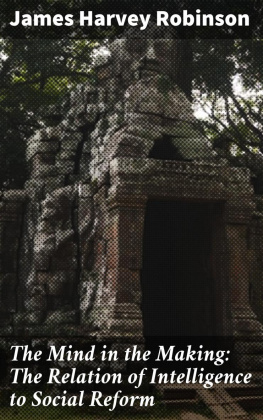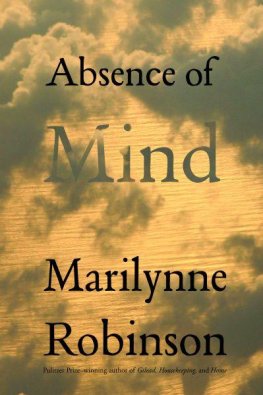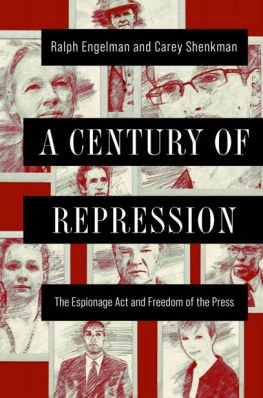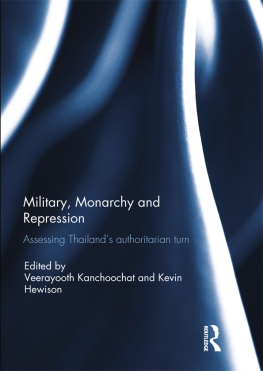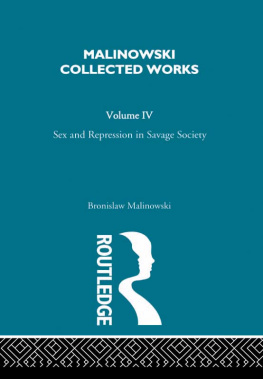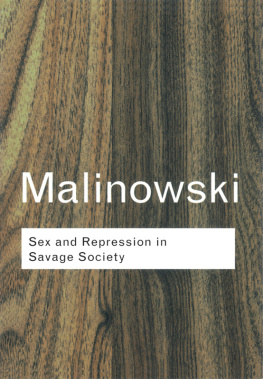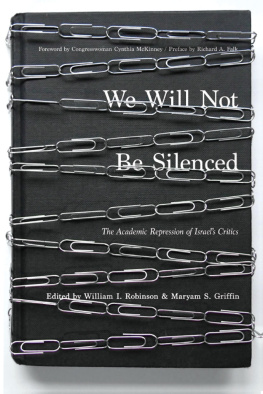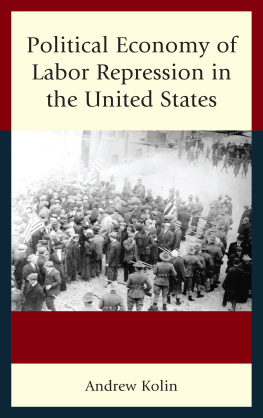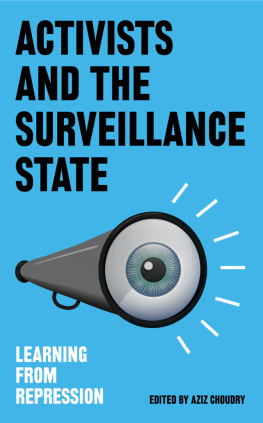THE MIND IN THE MAKING
JAMES HARVEY ROBINSON

This 2011 edition published by Barnes & Noble, Inc.
All rights reserved. No part of this publication may be reproduced, stored in a retrieval system, or transmitted, in any form or by any means, electronic, mechanical, photocopying, recording, or otherwise, without prior written permission from the publisher.
Barnes & Noble, Inc.
122 Fifth Avenue
New York, NY 10011
ISBN: 978-1-4114-6268-7
I
Now, my thesis is that all... fugues from actuality and what Desjardin made supreme, viz., le devoir prsent, are now, as never before in history, weak and cowardly flights from the duty of the hour, wasteful of precious energy, and, perhaps worst of all, they are a symptom of low morale, personal or civic, or both. True greatness consists solely in seeing everything, past, future or afar, in terms of the Here and Now, or in the power of "presentification."G. STANLEY HALL.
1. ON THE PURPOSE OF THIS VOLUME
IF some magical transformation could be produced in men's ways of looking at themselves and their fellows, no inconsiderable part of the evils which now afflict society would vanish away or remedy themselves automatically. If the majority of influential persons held the opinions and occupied the point of view that a few rather uninfluential people now do, there would, for instance, be no likelihood of another great war; the whole problem of "labor and capital" would be transformed and attenuated; national arrogance, race animosity, political corruption, and inefficiency would all be reduced below the danger point. As an old Stoic proverb has it, men are tormented by the opinions they have of things, rather than by the things themselves. This is eminently true of many of our worst problems today. We have available knowledge and ingenuity and material resources to make a far fairer world than that in which we find ourselves, but various obstacles prevent our intelligently availing ourselves of them. The object of this book is to substantiate this proposition, to exhibit with entire frankness the tremendous difficulties that stand in the way of such a beneficent change of mind, and to point out as clearly as may be some of the measures to be taken in order to overcome them.
When we contemplate the shocking derangement of human affairs which now prevails in most civilized countries, including our own, even the best minds are puzzled and uncertain in their attempts to grasp the situation. The world seems to demand a moral and economic regeneration which it is dangerous to postpone, but as yet impossible to imagine, let alone direct. The preliminary intellectual regeneration which would put our leaders in a position to determine and control the course of affairs has not taken place. We have unprecedented conditions to deal with and novel adjustments to makethere can be no doubt of that. We also have a great stock of scientific knowledge unknown to our grandfathers with which to operate. So novel are the conditions, so copious the knowledge, that we must undertake the arduous task of reconsidering a great part of the opinions about man and his relations to his fellow-men which have been handed down to us by previous generations who lived in far other conditions and possessed far less information about the world and themselves. We have, however, first to create an unprecedented attitude of mind to cope with unprecedented conditions, and to utilize unprecedented knowledge. This is the preliminary, and most difficult, step to be takenfar more difficult than one would suspect who fails to realize that in order to take it we must overcome inveterate natural tendencies and artificial habits of long standing. How are we to put ourselves in a position to come to think of things that we not only never thought of before, but are most reluctant to question? In short, how are we to rid ourselves of our fond prejudices and open our minds?
As a historical student who for a good many years has been especially engaged in inquiring how man happens to have the ideas and convictions about himself and human relations which now prevail, the writer has reached the conclusion that history can at least shed a great deal of light on our present predicaments and confusion. I do not mean by history that conventional chronicle of remote and irrelevant events which embittered the youthful years of many of us, but rather a study of how man has come to be as he is and to believe as he does.
No historian has so far been able to make the whole story very plain or popular, but a number of considerations are obvious enough, and it ought not to be impossible some day to popularize them. I venture to think that if certain seemingly indisputable historical facts were generally known and accepted and permitted to play a daily part in our thought, the world would forthwith become a very different place from what it now is. We could then neither delude ourselves in the simple-minded way we now do, nor could we take advantage of the primitive ignorance of others. All our discussions of social, industrial, and political reform would be raised to a higher plane of insight and fruitfulness.
In one of those brilliant divagations with which Mr. H. G. Wells is wont to enrich his novels he says:
When the intellectual history of this time comes to be written, nothing, I think, will stand out more strikingly than the empty gulf in quality between the superb and richly fruitful scientific investigations that are going on, and the general thought of other educated sections of the community. I do not mean that scientific men are, as a whole, a class of supermen, dealing with and thinking about everything in a way altogether better than the common run of humanity, but in their field they think and work with an intensity, an integrity, a breadth, boldness, patience, thoroughness, and faithfulnessexcepting only a few artistswhich puts their work out of all comparison with any other human activity.... In these particular directions the human mind has achieved a new and higher quality of attitude and gesture, a veracity, a self-detachment, and self-abnegating vigor of criticism that tend to spread out and must ultimately spread out to every other human affair.
No one who is even most superficially acquainted with the achievements of students of nature during the past few centuries can fail to see that their thought has been astoundingly effective in constantly adding to our knowledge of the universe, from the hugest nebula to the tiniest atom; moreover, this knowledge has been so applied as to well-nigh revolutionize human affairs, and both the knowledge and its applications appear to be no more than hopeful beginnings, with indefinite revelations ahead, if only the same kind of thought be continued in the same patient and scrupulous manner.
But the knowledge of man, of the springs of his conduct, of his relation to his fellow-men singly or in groups, and the felicitous regulation of human intercourse in the interest of harmony and fairness, have made no such advance. Aristotle's treatises on astronomy and physics, and his notions of "generation and decay" and of chemical processes, have long gone by the board, but his politics and ethics are still revered. Does this mean that his penetration in the sciences of man exceeded so greatly his grasp of natural science, or does it mean that the progress of mankind in the scientific knowledge and regulation of human affairs has remained almost stationary for over two thousand years? I think that we may safely conclude that the latter is the case. It has required three centuries of scientific thought and of subtle inventions for its promotion to enable a modern chemist or physicist to center his attention on electrons and their relation to the mysterious nucleus of the atom, or to permit an embryologist to study the early stirrings of the fertilized egg. As yet relatively little of the same kind of thought has been brought to bear on human affairs.


